Optimal Timing for Driveway Grading
Driveway grading is an essential process that ensures proper drainage, structural stability, and longevity of the surface. Timing plays a crucial role in achieving optimal results, as weather conditions and ground stability impact the effectiveness of grading work.
Spring is often ideal for driveway grading due to thawed ground and moderate temperatures, allowing for effective soil compaction and drainage improvements.
Late summer and early fall provide stable ground conditions and dry weather, reducing the risk of erosion and ensuring a durable grading.
Winter is generally unsuitable for driveway grading because frozen ground and unpredictable weather can hinder proper work and lead to uneven surfaces.
Timing grading after significant rainfall can help correct existing drainage issues and prevent water pooling.
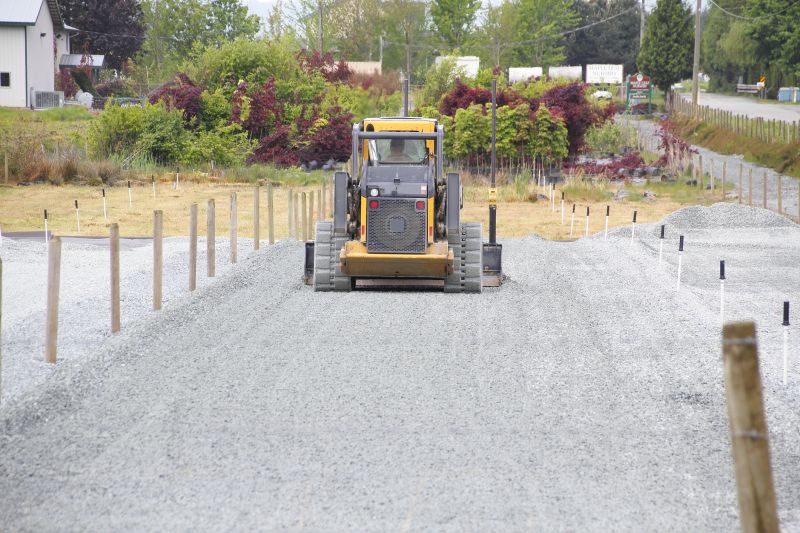
Spring conditions facilitate effective grading due to thawed soil.
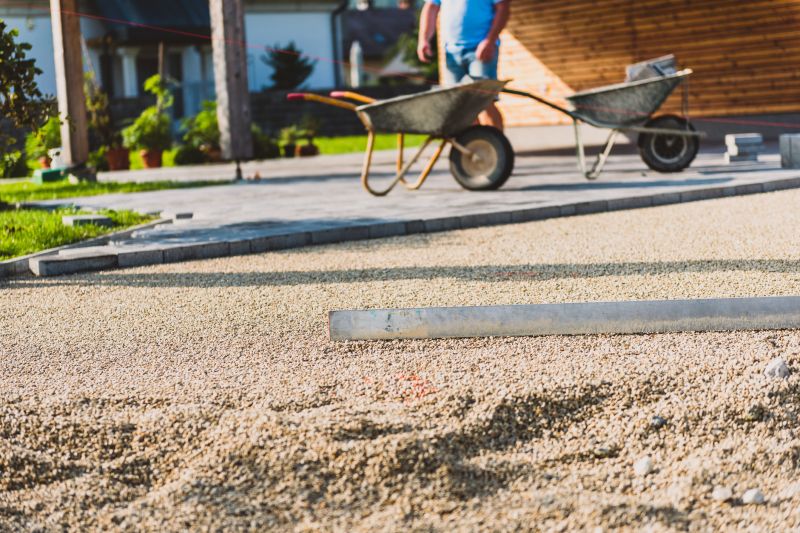
Dry summer weather supports durable grading results.
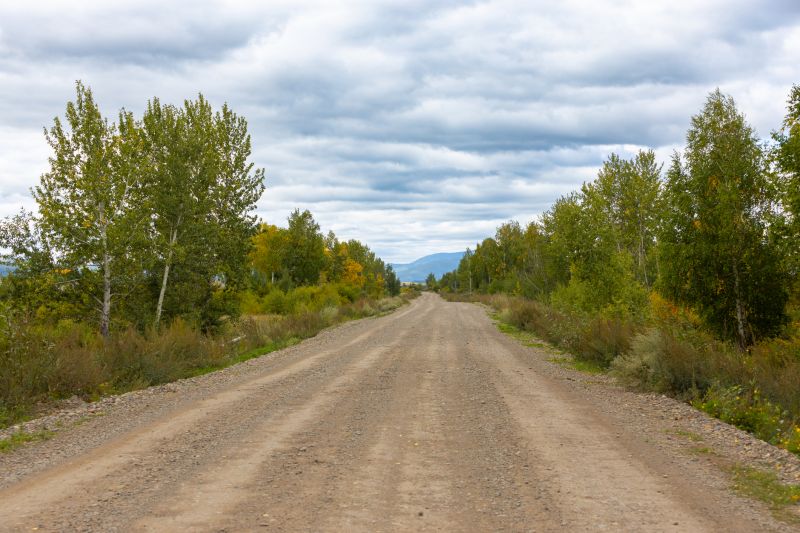
Late summer to early fall offers ideal conditions for driveway grading.
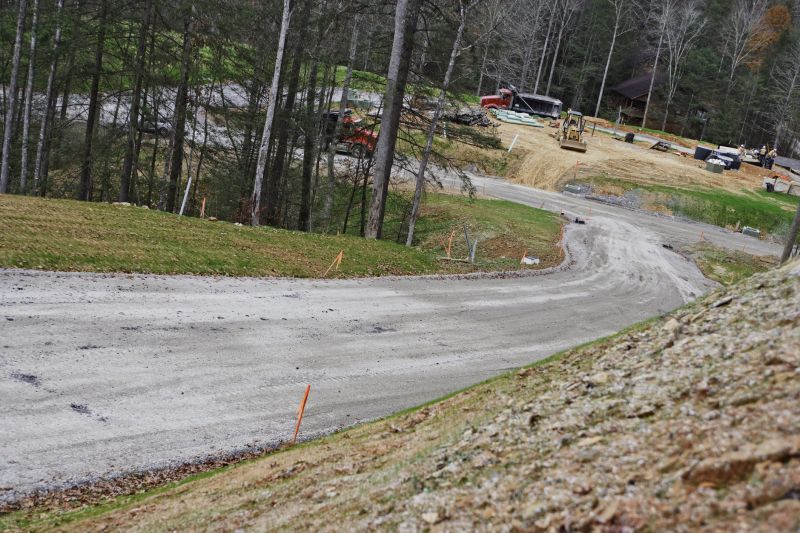
Ways to make Driveway Gradings work in tight or awkward layouts.
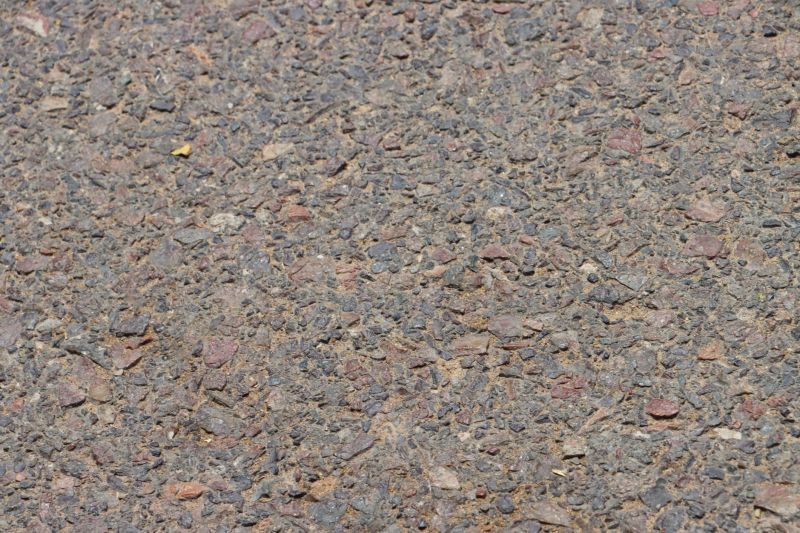
Popular materials for Driveway Gradings and why they hold up over time.

Simple add-ons that improve Driveway Gradings without blowing the budget.
| Season | Recommended Timing |
|---|---|
| Spring | Ideal for thawed, moist ground, moderate temperatures |
| Summer | Suitable during dry, warm weather for durable results |
| Fall | Good for preparing driveway before winter, stable conditions |
| Winter | Not recommended due to frozen ground and weather hazards |
| Post-Rainfall | Effective after heavy rain to address drainage issues |
Driveway grading involves leveling and shaping the surface to promote proper water runoff and prevent pooling. Proper timing ensures that ground conditions are optimal for compaction and stability, which are vital for the driveway's performance. Weather influences soil moisture content and ground firmness, making seasonal considerations critical for successful grading projects.
Statistics indicate that driveway longevity can increase significantly when grading is performed during suitable weather conditions. Properly graded driveways are less susceptible to erosion, cracking, and water damage, which can lead to costly repairs. Planning grading activities during the recommended seasons maximizes effectiveness and extends the lifespan of the driveway.
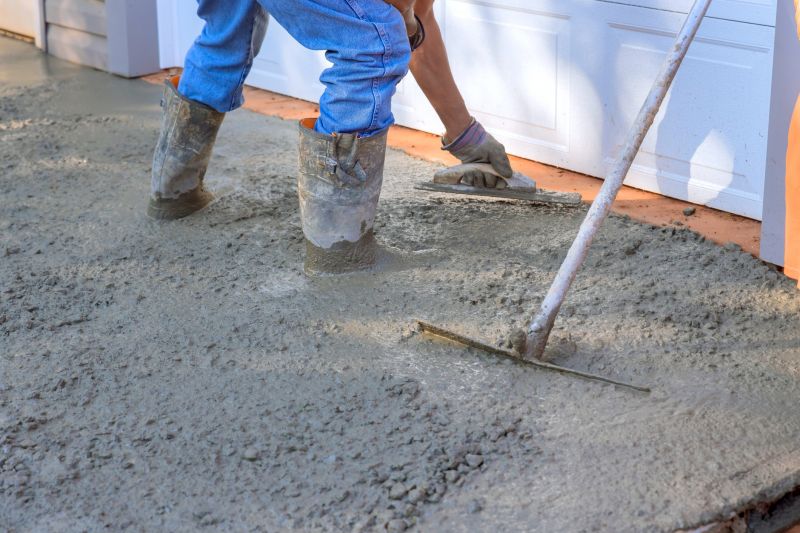
A professional grading process improves surface drainage and stability.
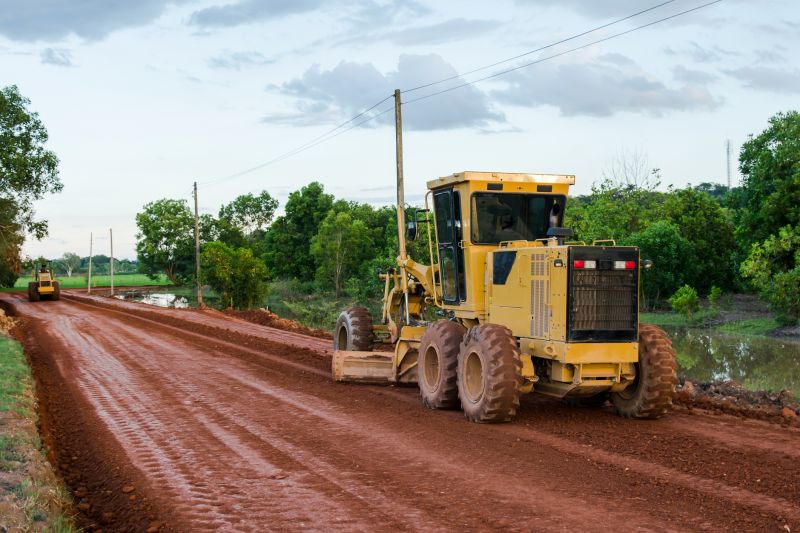
Heavy machinery ensures precise leveling and soil compaction.
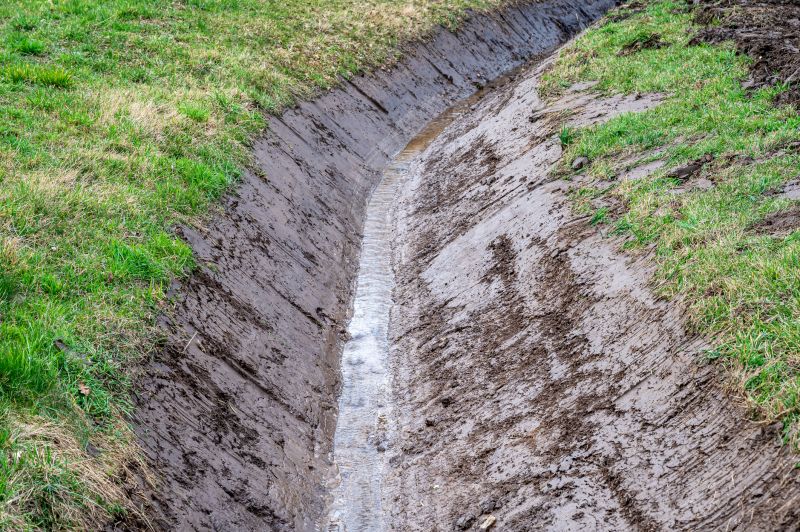
Effective grading includes designing slopes for optimal water runoff.
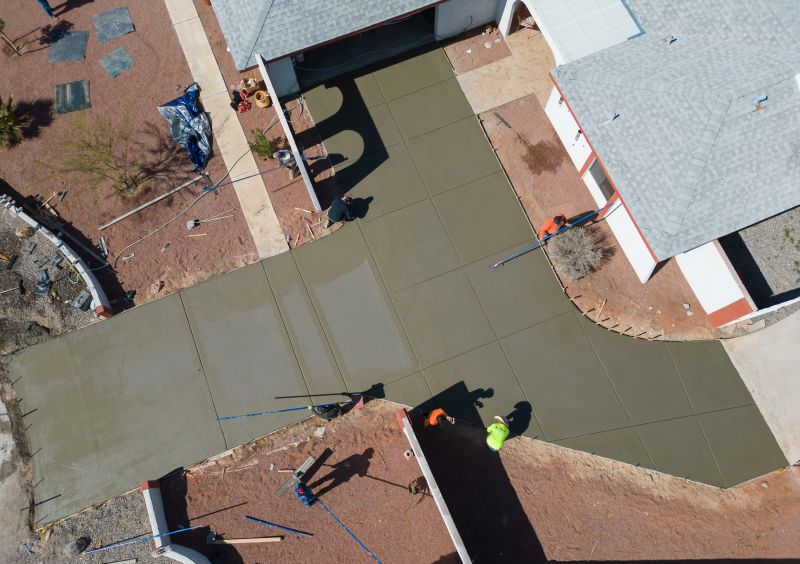
A well-graded driveway provides a smooth, durable surface.
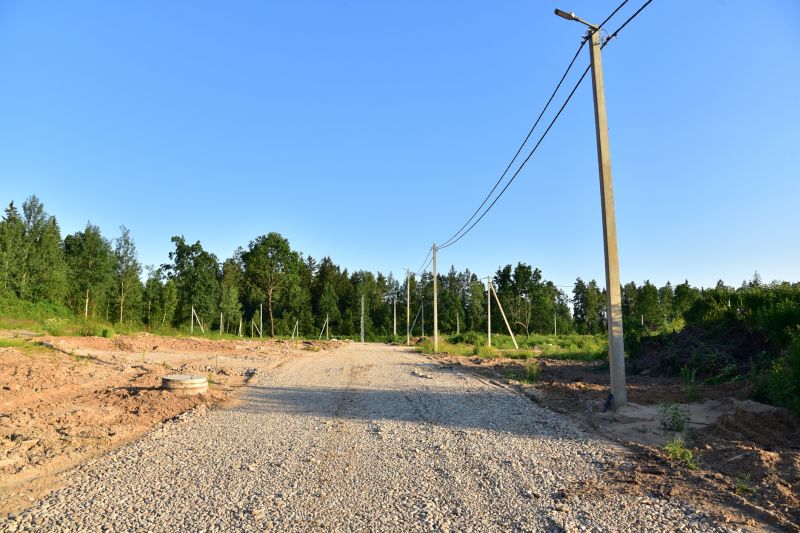
High-end options that actually feel worth it for Driveway Gradings.

Finishes and colors that play nicely with Driveway Gradings.

Little measurements that prevent headaches on Driveway Gradings day.
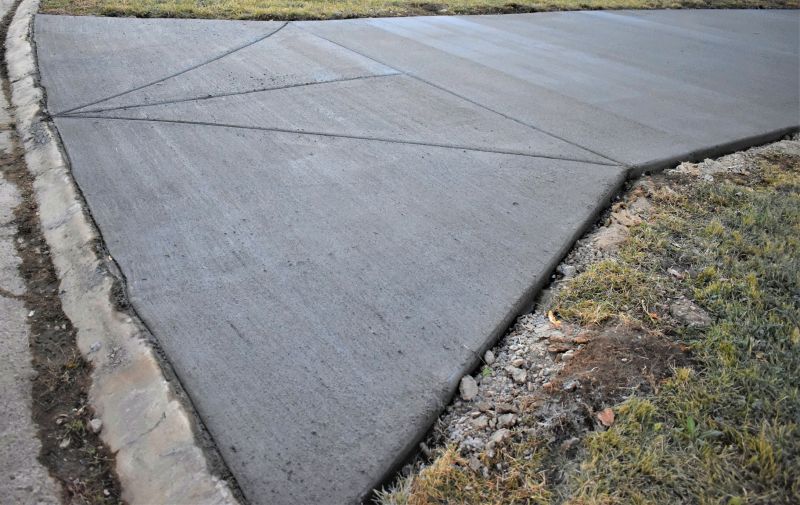
A 60-second routine that keeps Driveway Gradings looking new.
Interested in driveway grading services? Filling out the contact form can provide further information and assistance tailored to specific needs. Proper timing and execution are essential for maintaining a functional and long-lasting driveway.
